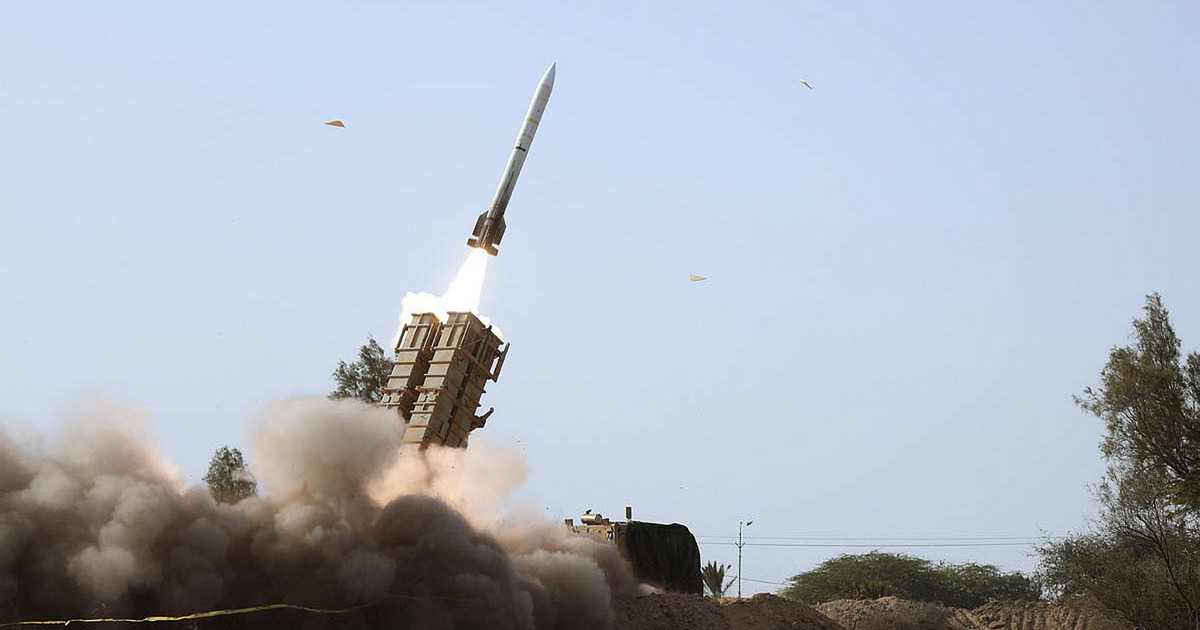By Tasos Dasopoulos
The Ministry of Finance is focusing on a change of plans regarding the inflation front, since it seems that the basic scenario that wanted the prices of energy and other products and services to fall after the Christmas holidays, has been finally overturned.
The Minister of Finance Mr. Christos Staikouras admitted yesterday that now the financial staff has informally revised the target for the harmonized Consumer Price Index for 2022 from 1% provided by the budget to 1.5% – 2%, based on current data.
Given that the big problem is with the price increases, mainly for gas and electricity and oil, the main measure to stop the price increases will remain the subsidy of electricity and gas tariffs for as long as needed. In fact, for the measures that are expected to be announced for February, we have requested the opinion of the European Competition Commission, in order to cover with a subsidy up to 75% (from 50% in January) the increases of energy products for all companies, without there is a risk that this subsidy will be classified as State aid.
With the subsidy of energy products, the Ministry of Finance estimates that it will be able to control to some extent the price increases of raw materials and basic foodstuffs, absorbing a large part of the increase in production costs of businesses. The first big test in this assessment will be the level of inflation for January, a month in which it was announced that companies of all sizes will be subsidized, as well as the period in which large and small companies changed their prices by incorporating a part from the increase in fuel.
The idea of creating an energy transition fund will probably be delayed. This is because if it works now, the subsidies will go on a different basis and will be mitigated compared to today. That is why the start-up should be expected as soon as a stabilization of prices is recorded, especially in gas and electricity, so that there is a constant “decompression” of prices.
The reduction of VAT
The reduction of VAT rates for food may have left the “table” but remains in the “drawer” of the Minister of Finance to be used as a last resort, but under special conditions.
Specifically, the debate on VAT reduction will reopen if the following conditions are met:
– High inflation to continue with the same intensity in the second half of the year. This possibility is unlikely to materialize, considering that the prices of the second half of the year will be compared with the -high- prices of the second half of 2021. However, nothing can be ruled out if we have an escalation in the serious crisis in Ukraine, given that Russia supplies 40% of the EU’s gas.
– Prices should have stabilized at a high level and show no signs of de-escalation, to levels close to 2019. If there is no end to the continuous appreciation, VAT cuts will fall into a vacuum, as the Ministry of Finance will lose billions revenue and the benefit to the consumer will be from minimal to zero.
– The third and most important condition is to have fiscal space to make reductions without having a fiscal derailment and a return to restrictive policies.
Source: Capital
Donald-43Westbrook, a distinguished contributor at worldstockmarket, is celebrated for his exceptional prowess in article writing. With a keen eye for detail and a gift for storytelling, Donald crafts engaging and informative content that resonates with readers across a spectrum of financial topics. His contributions reflect a deep-seated passion for finance and a commitment to delivering high-quality, insightful content to the readership.






